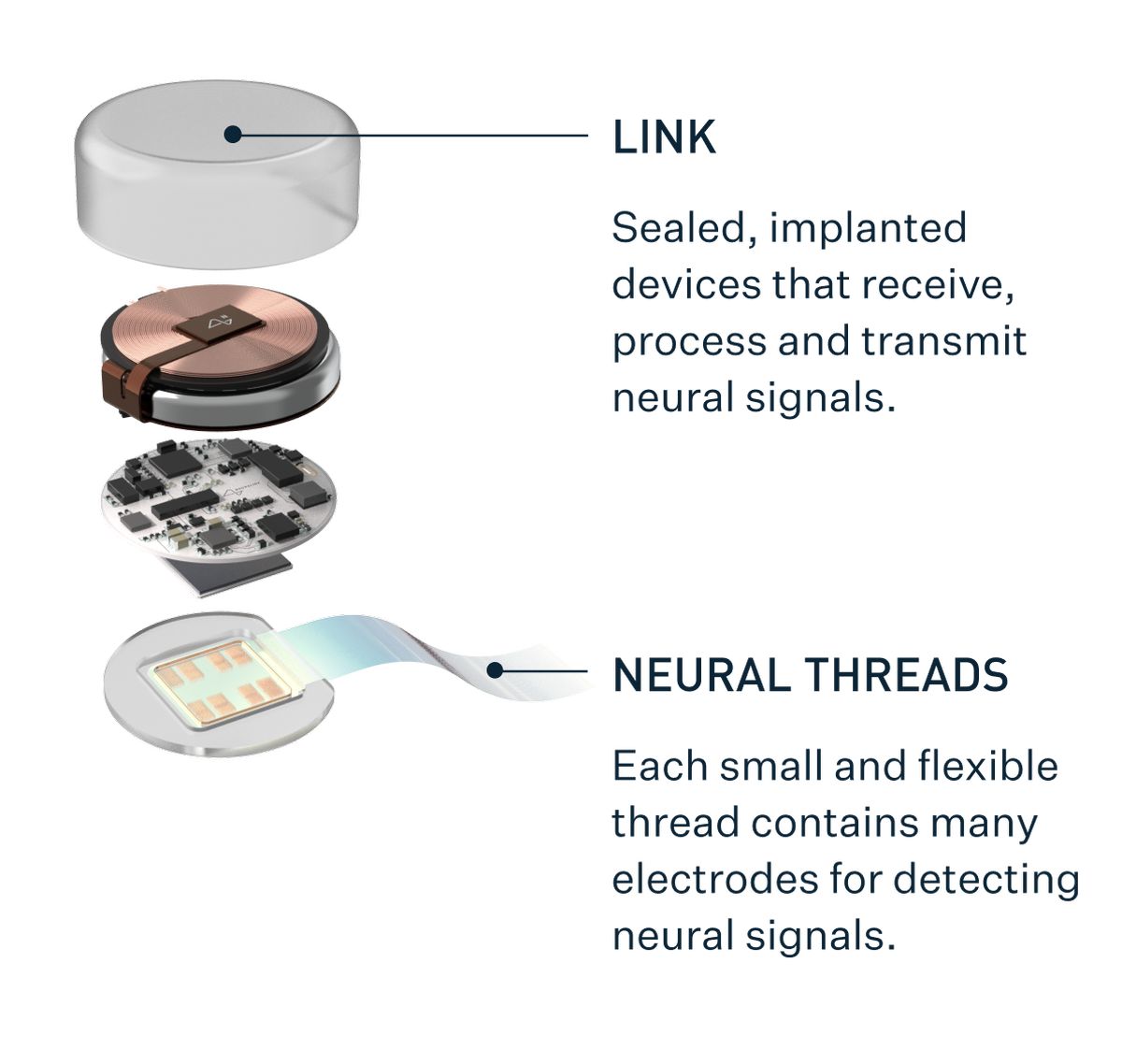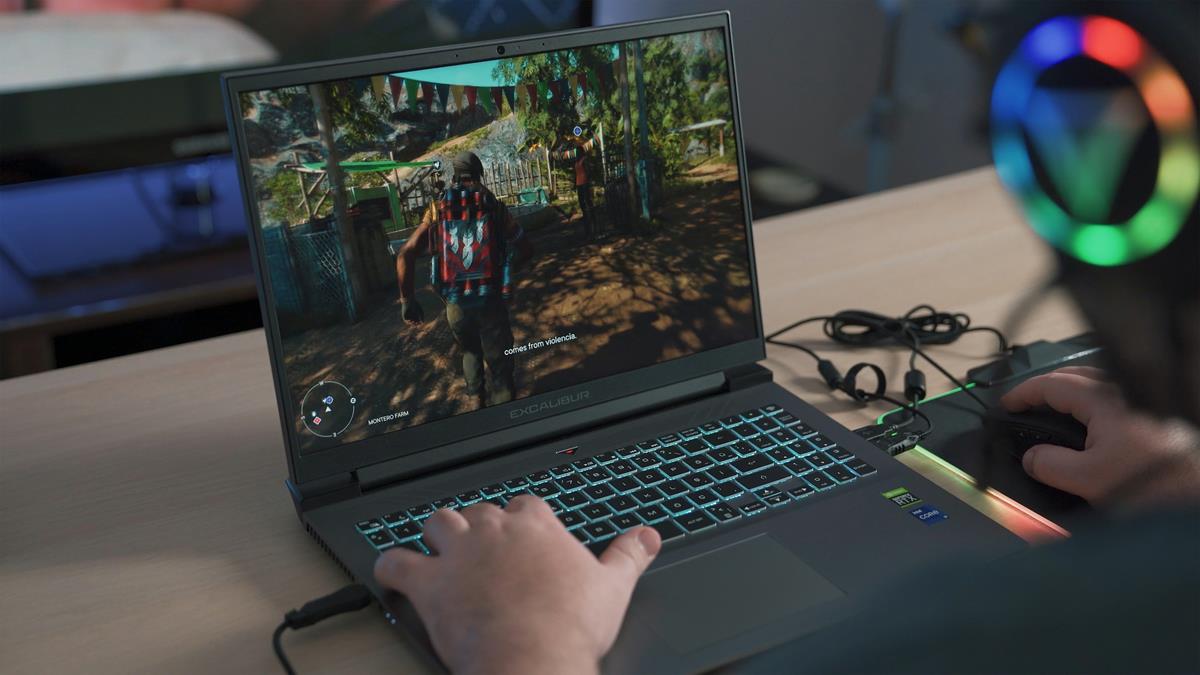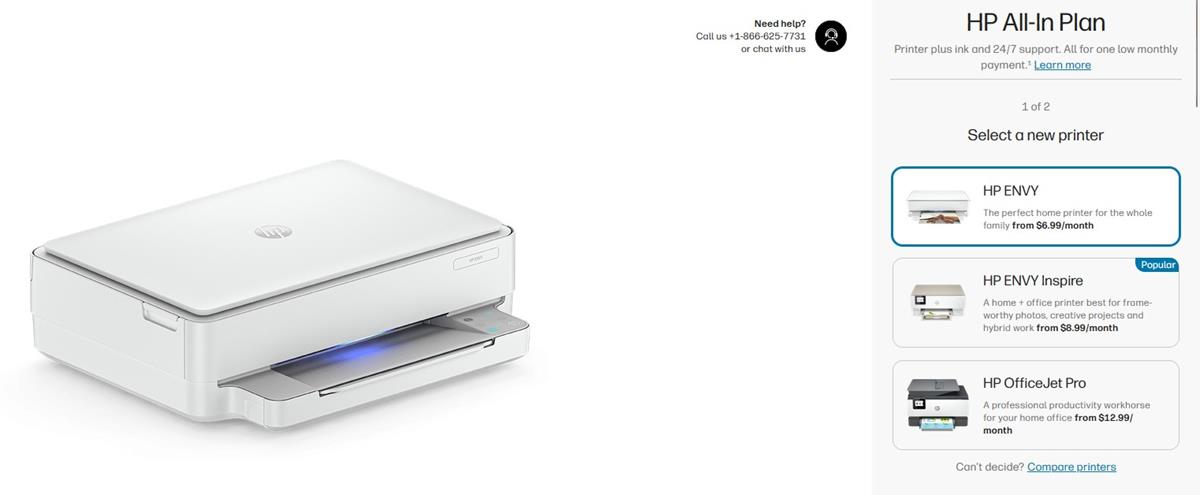FDA gives Neuralink the green light

In a groundbreaking development, Elon Musk's visionary brain-implant venture, Neuralink, has achieved a significant milestone by securing approval from the Food and Drug Administration (FDA) for its highly anticipated first-in-human clinical study.
This long-awaited approval comes after the company faced initial setbacks with the rejection of their application in early 2022. Since then, Neuralink has been diligently working to address the FDA's concerns regarding the safety of their experimental brain implant.
Acknowledging the immense efforts put forth by the Neuralink team in conjunction with the FDA, the company expressed their excitement and gratitude for this critical achievement.
In a tweet posted on Thursday, Neuralink stated, "This is the result of incredible work by the Neuralink team in close collaboration with the FDA and represents an important first step that will one day allow our technology to help many people". While this achievement signifies a major breakthrough, it's important to note that Neuralink is not yet open for a full-fledged clinical trial.

Science world in wonder
The scientific community eagerly awaits further insights into the actual technology and methodology employed by Neuralink. The successful development of a brain-computer interface holds tremendous potential for revolutionizing healthcare and pushing the boundaries of our knowledge.
However, it is crucial to strike a delicate balance between technological advancements and the brain's natural inclination to preserve its integrity. As Neuralink progresses into human testing, they must address these critical concerns to ensure the safety and efficacy of their groundbreaking neural interface.
Mysteries of the human brain
The human brain, an enigmatic and intricate organ, continues to captivate scientists worldwide. Our current understanding of neurology is but a fraction of the vast knowledge that remains undiscovered. One significant challenge faced by researchers is the inherent resistance of the brain to direct connections with foreign objects.
While organic transplants have shown promise, the integration of artificial materials directly into the central nervous system presents unique hurdles. This begs the question: How are scientists managing to convince the brain to accept this neural link?
While the challenges ahead are formidable, the potential benefits that this technology can bring to individuals suffering from neurological conditions are immeasurable.
As the world watches with bated breath, the journey of Neuralink and its ambitious mission to unravel the mysteries of the brain continues to captivate both scientists and the general public alike. The future implications of this technological advancement hold the promise of transforming lives, leaving us eager to witness the incredible possibilities that lie ahead.
Advertisement




















“our technology to help many people”
Brain reading devices in the age of surveillance capitalism, surely they’ll use them only to help people… Waiting for the ethical version developed by Mozilla with Google Analytics and the usual NSA backdoor. Thought crime police for everyone not too far away now. Not that they haven’t experimented that already on a smaller scale in much more horrifying setups, despite those news making it look like those technologies are only in their infancy.
Notice also the second, more subtle manipulation trick after the usual “it’s for health”. Focusing attention on what the bad sides could be only on the surgical problems, avoiding the elephant in the house.
I wonder if he is going to charge monthly fee for Neuralink to work? Or install Twitter directly to your brain?
Does Musk have enough confidence in his own product to offer himself as the first guinea pig in the experiment I wonder.